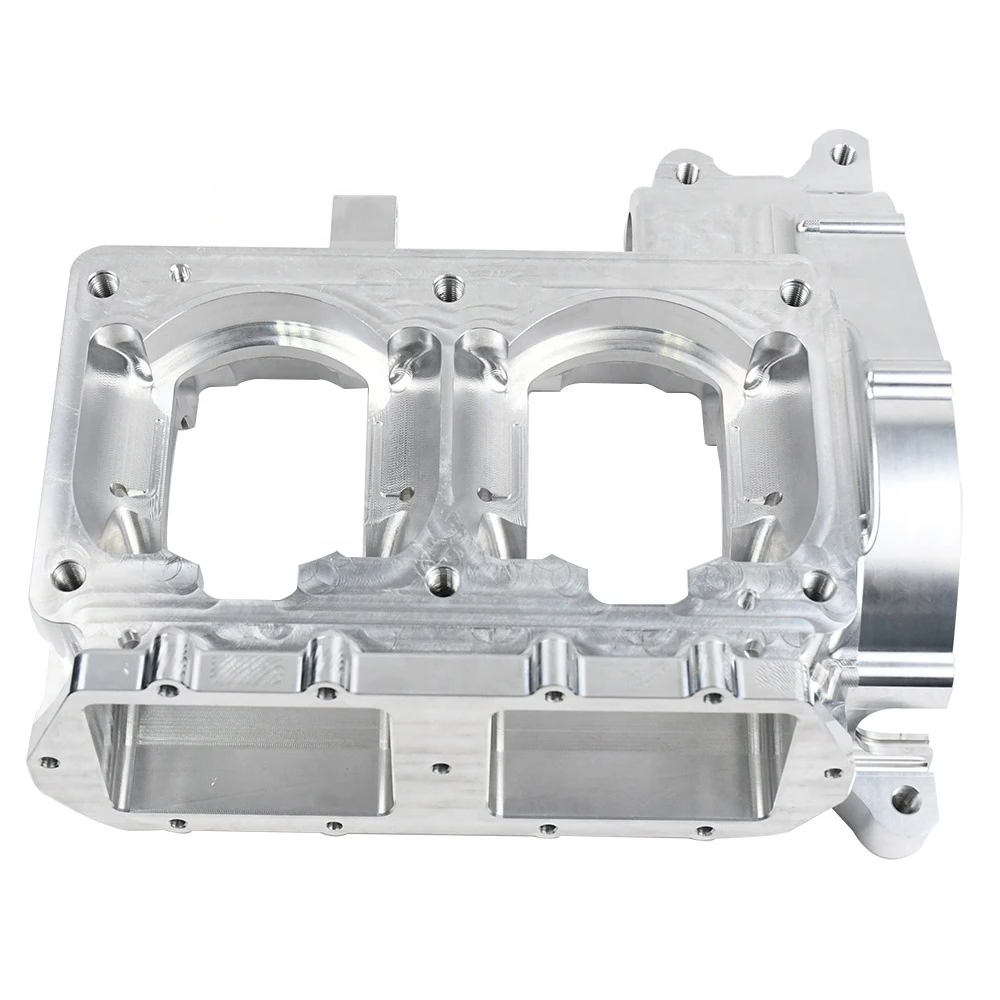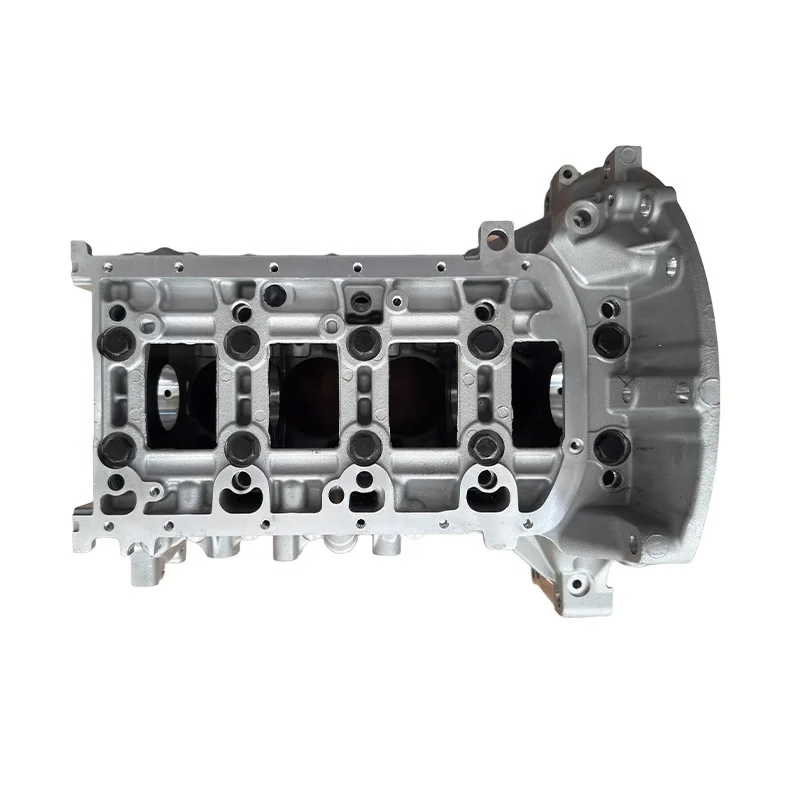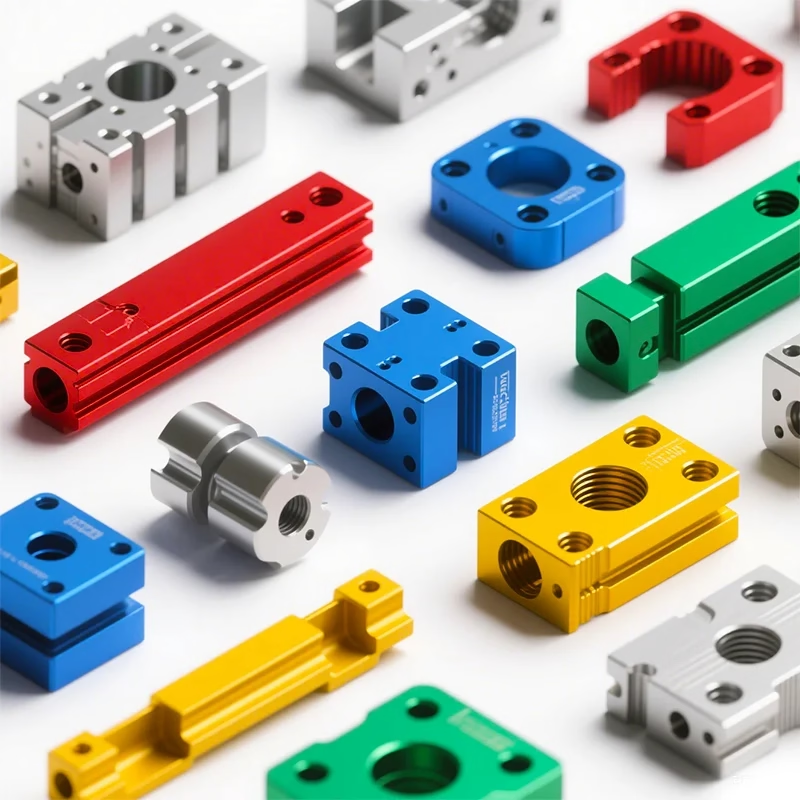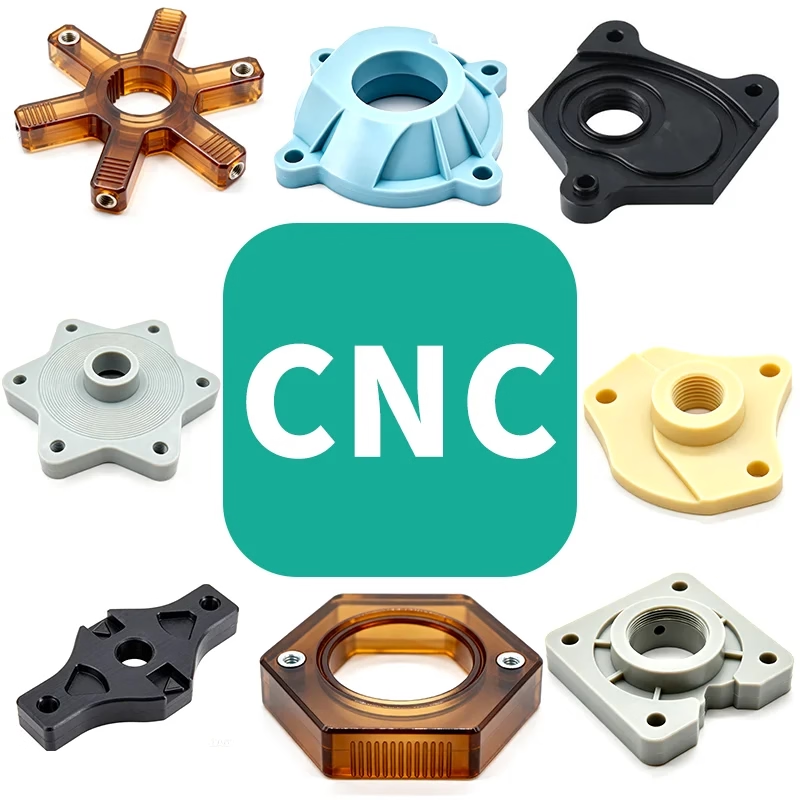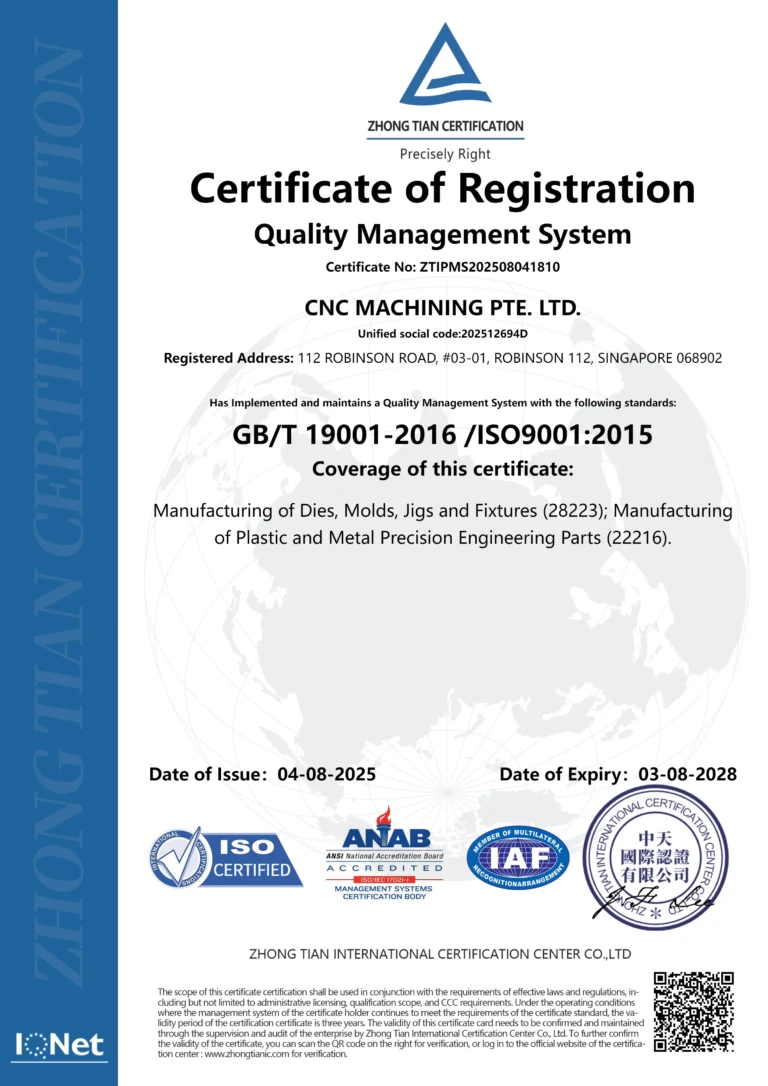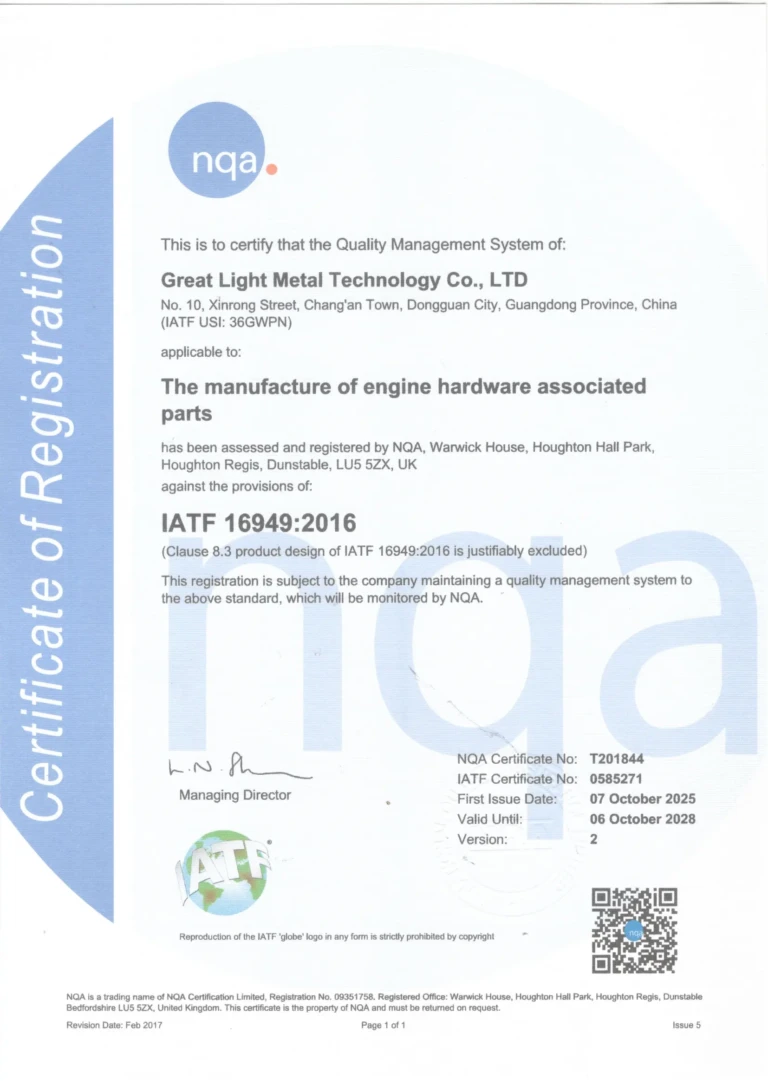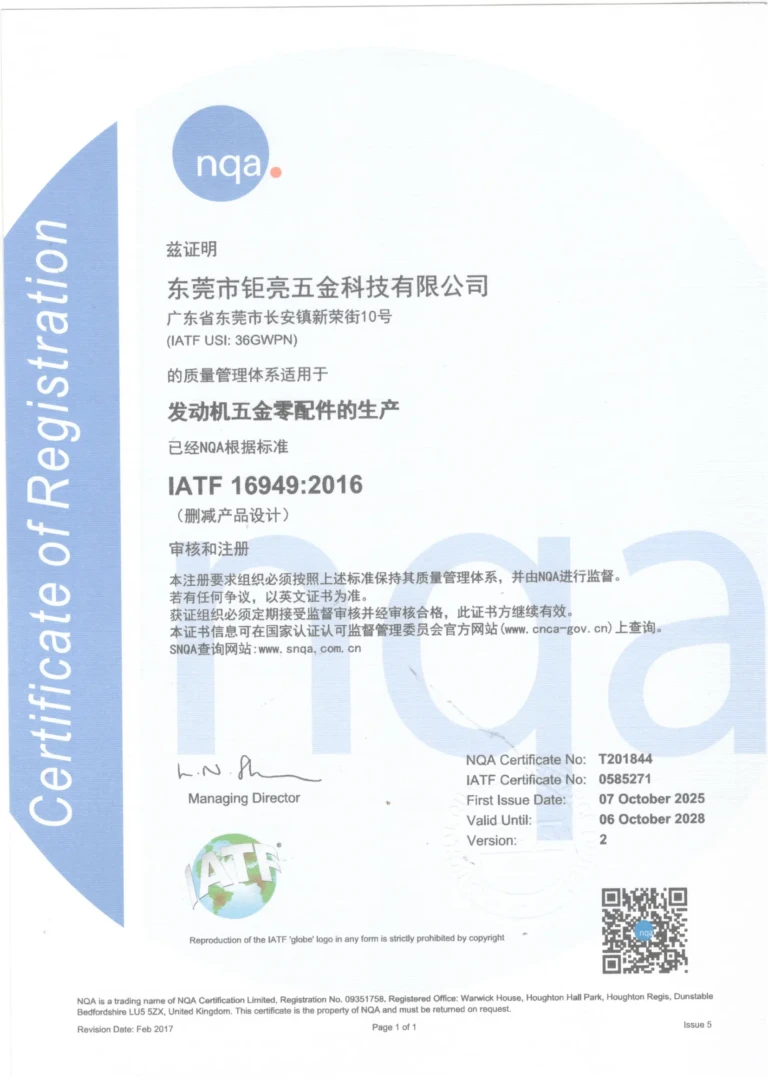Precautions in various aspects of CNC machine tool castings
As the demand for precision and quality increases, CNC machine tool castings have become a crucial part of the manufacturing process. CNC (Computer Numerical Control) machine tools are used for precision cutting, grinding, and shaping of various materials, including metals, plastics, and wood. However, with the intricacies of CNC machine tool castings, it’s essential to take necessary precautions to ensure the overall success of the project. In this article, we’ll discuss various aspects of CNC machine tool castings and the precautions needed to guarantee precision, efficiency, and safety.
Safety Precautions
CNC machine tool castings involve the use of complex machinery, heavy-duty equipment, and high-speed operations, which can be hazardous if not handled properly. Therefore, it’s essential to ensure a safe working environment for operators and maintainers. Some of the safety precautions include:
Personal Protective Equipment (PPE)
Operators and maintainers must wear necessary PPE, such as safety glasses, earplugs, gloves, and closed-toe shoes to prevent injuries and protect themselves from debris and flying particles.
Machine Guarding
CNC machines should be equipped with proper guarding to prevent accidental contact and ensure safe operation. This includes protecting openings, hoppers, and conveyors to prevent loose objects from falling into the machine.
Lockout/Tagout
Machines must be properly locked and tagged to prevent accidental start-up during maintenance or repair, ensuring operator safety and preventing injuries.
Abrasive Safety
- Abrasives and cutting tools should be handled with care, and regular cleaning and maintenance should be performed to prevent dust accumulation and minimize the risk of explosions.
Material Handling and Storage
CNC machine tool castings require precise material handling to avoid contamination, damage, and deformation. Adequate storage is also crucial to prevent material degradation and maintain quality. Some of the material handling and storage precautions include:
Material Identification
Materials must be properly identified and labeled to prevent mix-ups, contamination, and improper use.
Material Storage
Materials should be stored in a clean, dry, and organized manner, away from direct sunlight, moisture, and heavy objects to prevent damage and contamination.
Material Handling
- Care should be taken during material handling to prevent damage, ensure proper orientation, and prevent contamination. Handling methods should be designed to minimize scratches, dents, and other damage.
CNC Program Development and Verification
CNC programs play a critical role in ensuring precision and accuracy in CNC machine tool castings. It’s essential to develop and verify CNC programs carefully to ensure compliance with design specifications, prevent errors, and optimize production. Some of the CNC program development and verification precautions include:
G-Code Verification
G-codes should be carefully verified to ensure accuracy and precision, taking into account material specifications, machine capabilities, and design constraints.
Macro and Subroutine Verification
Macros and subroutines should be developed and tested to ensure correct execution, minimize errors, and optimize production.
Post-Processing Verification
- Post-processing operations, such as cutting, tapping, and deburring, should be carefully planned and executed to ensure accurate results and meet design specifications.
Maintenance and Troubleshooting
Regular maintenance and timely troubleshooting are crucial to ensure efficient operation of CNC machine tool castings. Some of the maintenance and troubleshooting precautions include:
Preventive Maintenance
Regular cleaning, lubrication, and inspection should be performed to prevent wear and tear, maintain machine precision, and reduce downtime.
Troubleshooting
Equipment should be properly diagnosed and troubleshot using diagnostic tools and expert knowledge to minimize downtime and ensure swift recovery.
Calibration and Inspection
- Calibrations and inspections should be performed regularly to ensure machine accuracy, precision, and compliance with design specifications.
In conclusion, CNC machine tool castings require strict adherence to certain precautions, including safety, material handling and storage, CNC program development and verification, and maintenance and troubleshooting. By following these guidelines, manufacturers can ensure precision, efficiency, and safety in their production processes, ultimately leading to high-quality products and satisfied customers.
Daguang focuses on providing solutions such as precision CNC machining services (3-axis, 4-axis, 5-axis machining), CNC milling, 3D printing and rapid prototyping services.



